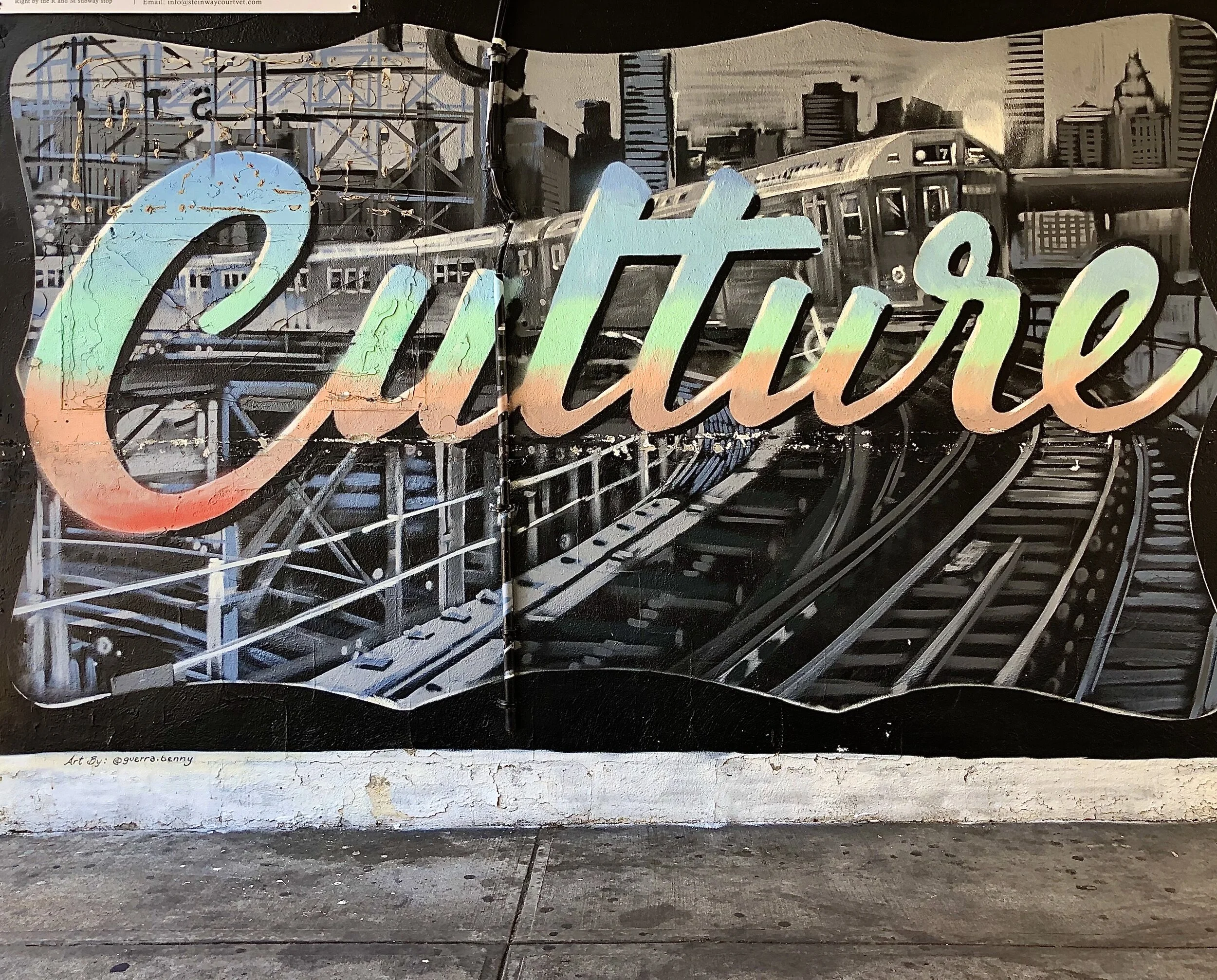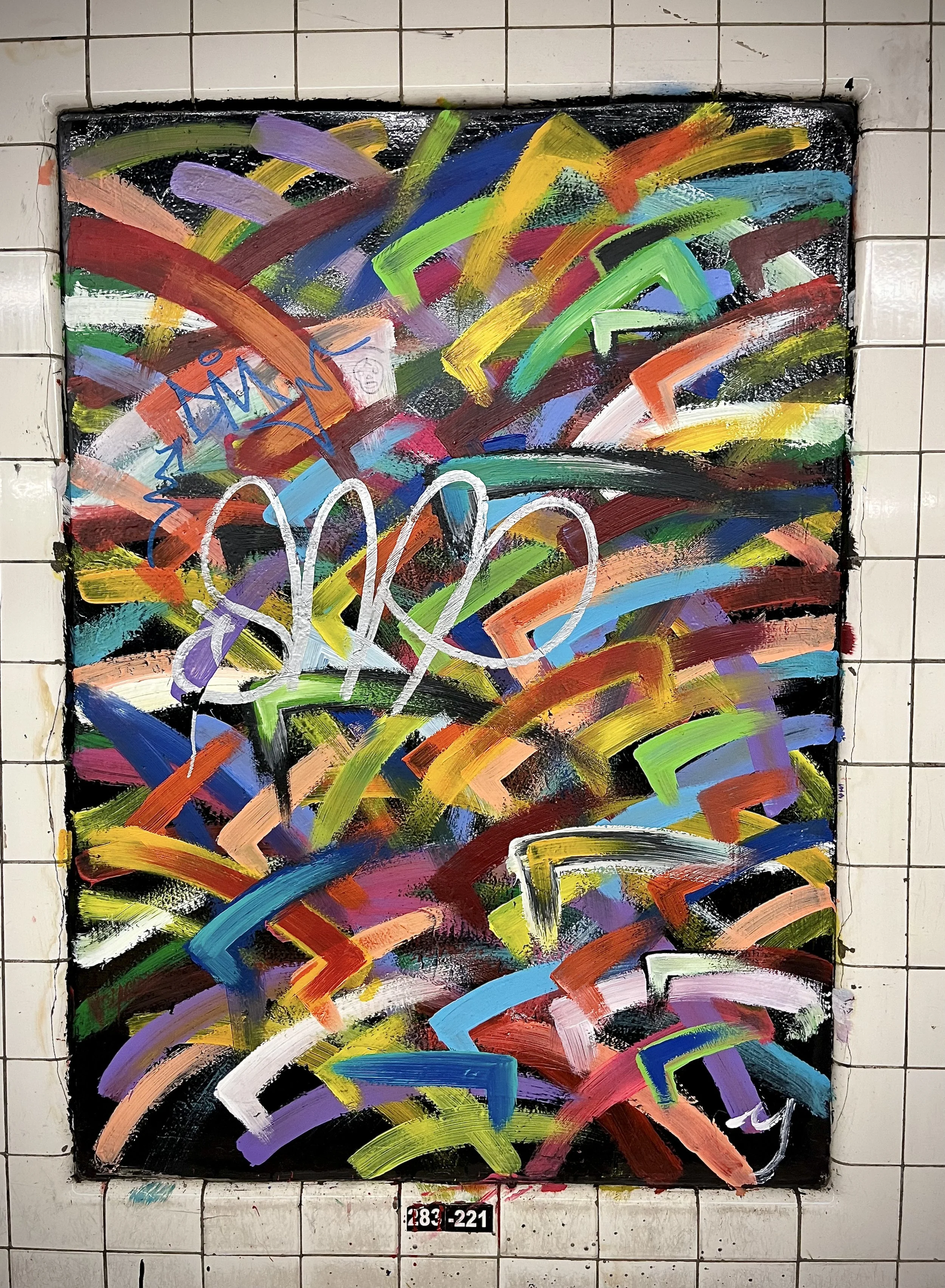The Fermata Report
May 8, 2020
By Brian Taylor
Shetler Studios, stalwart of New York City’s midtown rehearsal studio facilities, announced it would be closing for good, some nine weeks after Broadway shutdown due to the COVID-19 pandemic. On the same day, the pandemic claimed another victim, Long Island City’s Secret Theatre, folding after ten years of operation.
The performing arts falls under Phase Four, the last phase, of Governor Cuomo’s plan to re-open New York. Some predict that it could be a year or more of dormancy for theaters and concert halls. There are problems to solve on both sides of the proscenium in the age of social distancing. Zach Finkelstein, writing for The Middle-class Artist, explores what a socially-distanced audience in Boston’s Symphony Hall would look like. Bottom line: it doesn’t make economic sense.
It becomes unimaginable for the performers onstage, too. Theatrical producer Cameron Mackintosh has said what many theater professionals have undoubtedly been thinking: “until social distancing doesn't exist any more, we can't even plan to reopen.”
Experts in the science of singing tell us that there is no safe way for singers to rehearse together until there is a vaccine and effective treatment in place:
Tension looms. Lawrence Perlman reminds us in City Journal that during the 1918 Flu Pandemic, the arts in NYC were not interrupted. Theaters remained open and the Metropolitan Opera continued performances. Perlman’s perspective is intriguing. He emphasizes the audience’s responsibility: “we should be hopeful that after the pandemic, audience members who feel ill will self-isolate. A consequence of this challenging period could be a safer, quieter, and more enjoyable theater experience for all.”
The Berlin Philharmonic recently resumed performances, but with the musicians spaced two meters apart, playing to an empty concert hall. Anthony Tommasini, in his review for the New York Times, wrote, “While this was hardly a perfect solution for those of us craving live performance, I’ll take it for the time being.”
I miss dipping into the city’s museums to explore hidden treasures and revisit old ‘friends.’ Certainly, a popular exhibit at the Metropolitan Museum would get insanely crowded, and tourists clamoring for a closeup view of Van Gogh’s Starry Night could make a trip to MoMA reminiscent of Survivor. Yet, surely, with smart crowd management, spacious museums and galleries can be among the first cultural institutions to re-open. Indeed, MoMA may be leading the way, but with an aggressively slashed budget and what sounds like a depressingly downgraded experience (less than a year after their triumphant expansion).
One thing is clear: the stakes are high for the development of an effective and widely available vaccine. NPR’s Joe Palca reports in All Things Considered that, “it does seem likely at this point that there will be a vaccine faster than ever before.”


